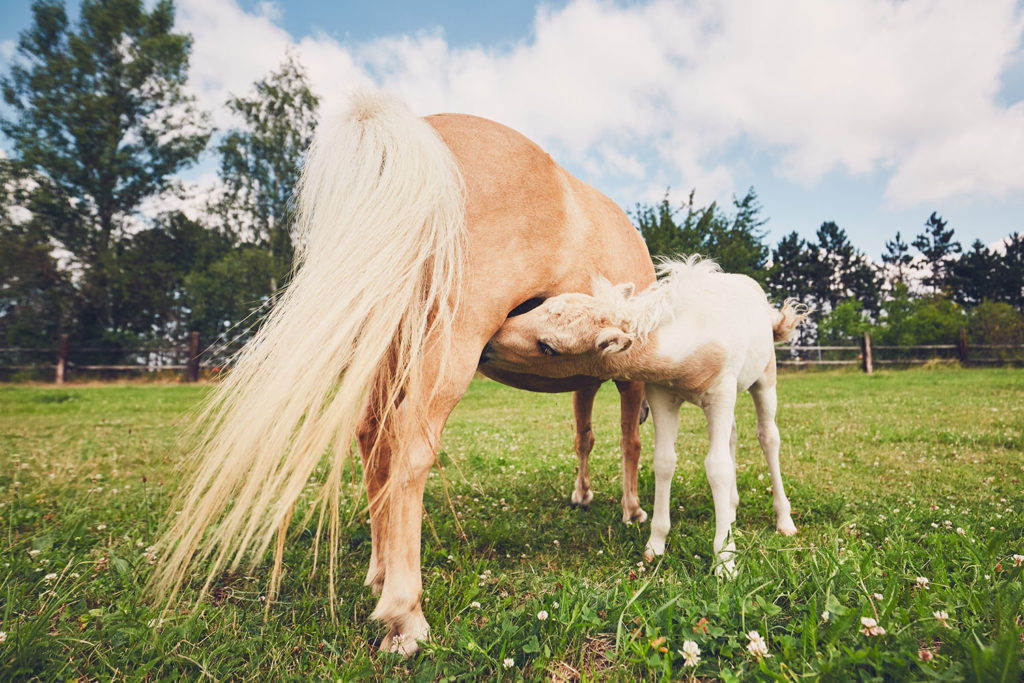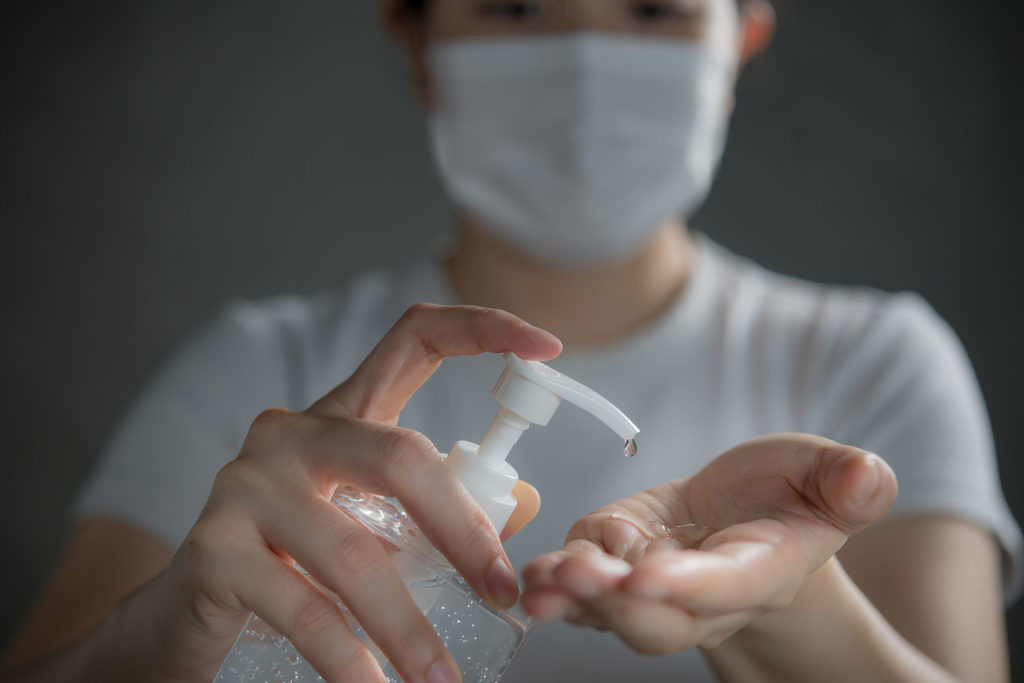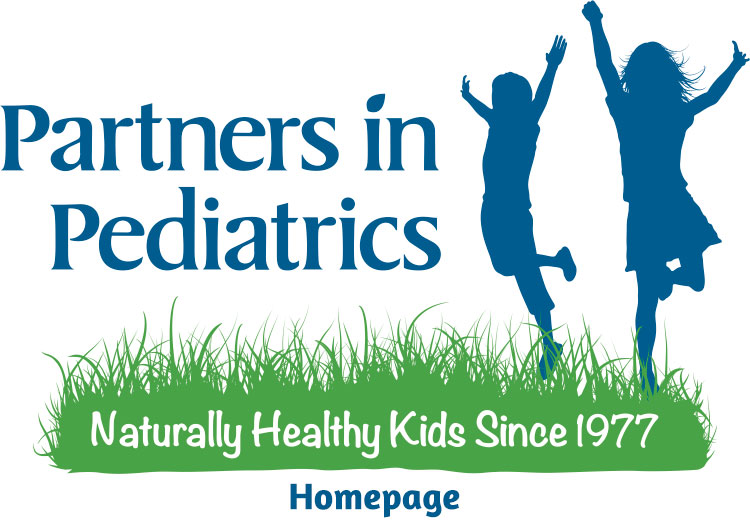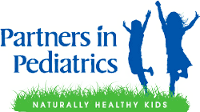As you may recall from our earlier blog on Infant Nutrition (Part One): Breastfeeding, there is a consensus, by organizations such as the American Academy of Pediatrics (AAP) and the Centers for Disease Control and Prevention (CDC), that breastfeeding is the optimal source of nutrition through the first year of your baby’s life. In this age of the coronavirus (COVID-19), one of the questions we, as your holistic pediatrician and medical home in the Denver metro area, are asked most frequently is whether it is remains safe to breastfeed your infant, particularly if you have tested positive or suspect that you have the virus. Based on the information known to date, the answer from both the CDC and the AAP is yes, subject to some recommended precautions and guidelines.
The Benefits of Breastfeed ing During the Pandemic
The AAP has identified the following benefits to breastfeeding, even during COVID-19:
- Breastfeeding is good for babies. It protects them from many infections. While it is still not clear if this is true for the COVID-19 virus, breastfed infants are generally less likely to have severe respiratory symptoms when they get sick.
- Breastfeeding is good for moms. Hormones released in the mother’s body during breastfeeding promote wellness and can relieve stress and anxiety.
- Breast milk is readily available. No purchase necessary!

Is Breastfeeding and Expressed Breast Milk Safe During COVID-19?
The AAP has stated that, to date, there is no evidence that COVID-19 is passed from mother to baby in breast milk. The CDC agrees based on limited studies, but cautions that it is not known for sure whether mothers with COVID-19 can spread the virus via breast milk. Breastfeeding has been shown to be safe when a mom has other illnesses, such as the flu.
General Steps to Protect Your Infant From COVID-19
COVID-19 spreads between people who are in close contact, mainly through respiratory droplets when an infected person coughs, sneezes, or talks. Based on this knowledge, the AAP has set forth some common sense steps that you, as a concerned parent, can take to help protect your baby from being infected with COVID-19, whether or not you decide to breastfeed:
- Wash your hands often with soap and water for at least 20 seconds. If soap and water are not available, use a hand sanitizer that is 60% or higher alcohol-based. Avoid touching your face, eyes, nose, or mouth with unwashed hands. Also, be sure to clean visibly dirty or possibly contaminated surfaces your infant may touch.
- If you feel sick, be extra careful to cough or sneeze into your sleeve or a tissue. If you use a tissue, throw it away immediately and wash your hands.
- Practice physical distancing by avoiding public spaces and stay at least 6 feet away from others, whenever possible. Also, make sure that everyone in your home does their best to avoid close contact with anyone with respiratory symptoms, such as coughing, or individuals with probable COVID-19.

Can I Breastfeed If I Have COVID-19?
Yes, babies can still receive breast milk even if you test positive for COVID-19! You should consult with your health care providers, however, about whether and how to start or continue breastfeeding and whether it is safe to continue taking medications while breastfeeding.
Direct Breastfeeding: If the decision is made to directly breastfeed your infant, you should wear a mask and carefully wash your hands and breasts before each feeding. Breastfeeding should coincide with your infant’s feeding demands, about 8-10 times in a 24-hour period.
Pumping or Expressing Milk: If you have COVID-19, another option is to express or pump your breast milk. Hand pumping and hand expressing breast milk is particularly helpful in the first few days after your baby is born to get the milk supply going. If you choose this option, these are the guidelines to follow:
- A dedicated breast pump should be used.
- Carefully wash your hands before touching any pump or bottle parts and wash your hands and breasts before expressing or pumping breast milk.
- Follow the CDC’s detailed recommendations for proper pump cleaning after each use, cleaning all parts that come into contact with breast milk.
- If at all possible, have a healthy caregiver feed the breast milk to the infant. Remind all caregivers to wash their hands thoroughly before touching bottles or feeding or caring for your baby.
- As with direct breastfeeding, pumped or expressed milk should be fed to your infant in accordance with their demands, about 8-10 times in a 24-hour period.
Can I Stay In the Same Room As My Baby If I Have COVID-19?
Separation between a mother with COVID-19 and her infant is a decision that should be made by a health care team or specialist and is based on many factors including the mother’s and baby’s health. It is the AAP’s position that staying in a different room from your baby is the safest way to keep your newborn healthy. However, the AAP also recommends that, If you decide to keep your baby with you in the same room, you should keep a distance of at least 6 feet from your baby. When you are closer than 6 feet to your baby, you should wear a mask and make sure your hands are clean.
Whether you stay in the same room or a different room from your baby, you can stop isolating yourself from your baby once you are fever-free without use of fever medicines (acetaminophen or ibuprofen) for at least 72 hours; when your other symptoms of COVID-19 are improving; AND when at least 7 days have passed since your symptoms started.

How Do I Get Help With Breastfeeding In This Time of Social Distancing?
Over our many happy years of providing pediatric care to your families, we have fielded many, many questions about breastfeeding. As a result, we know that breastfeeding can sometimes be difficult even under the best of circumstances, let alone during a pandemic! Breastfeeding does get easier with practice, but you should never hesitate to call us if you have any concerns about the wisdom, timing or process of breastfeeding or the adequacy of your infant’s nutrition. We will always do our best to assist you, including providing a referral to a lactation consultant, if appropriate.
Getting help from a lactation consultant can be challenging when practicing social distancing! Many lactation consultants traditionally do in home visits, which should be avoided during the time of COVID-19. Instead, Skype or similar types of video platforms should be used when interacting with a consultant. It has also been suggested that mothers buy inexpensive scales online, if possible, and use them to weigh their baby every two or three days. If the baby is eating enough, parents should see an increase in the baby’s weight. If not, steps can be taken to timely address the issue.
We are well aware that times are difficult for families right now in Colorado and throughout the nation. As your friendly and long-time pediatrician in the Mile High City, we are doing our best to support you and your kids, both in the integrative pediatric care we provide and the manner in which we provide it. As we mentioned before, in an effort to reduce exposure to COVID-19, we can use telehealth (using Zoom that enables video and audio conferencing and is HIPAA compliant) to assess your child. If need be, we also continue to provide in-office visits if deemed necessary to follow the standard of medical care. As an integrative pediatrician, we’ll use every tool available to us, under both conventional medicine and complementary and alternative methods, to continue to provide excellent care for your child during this difficult time!



Leave a Reply